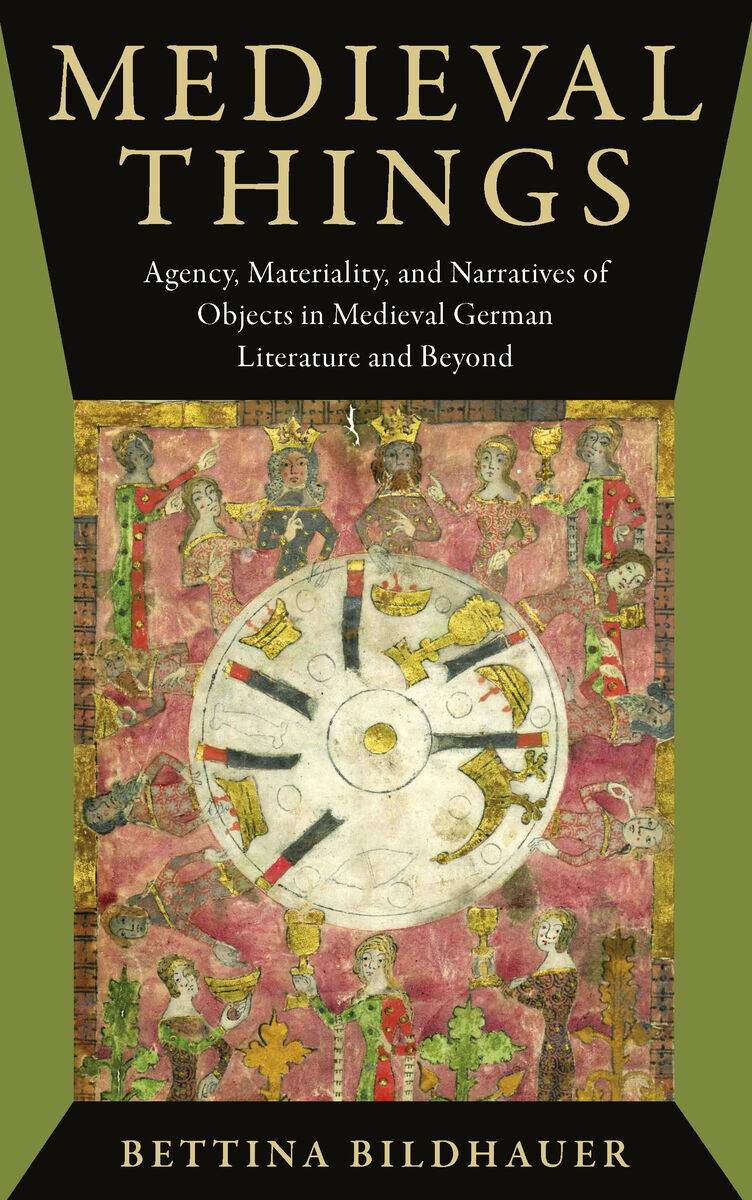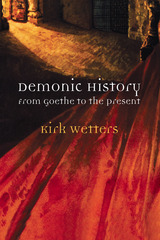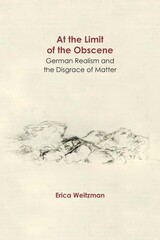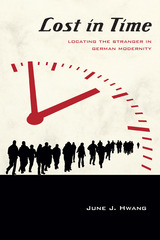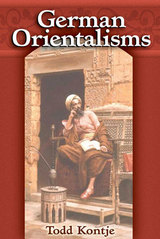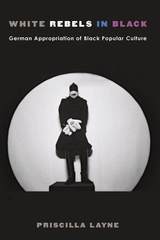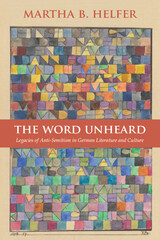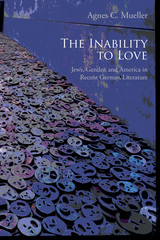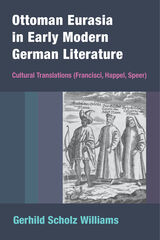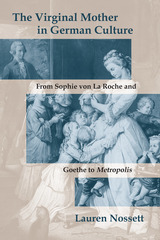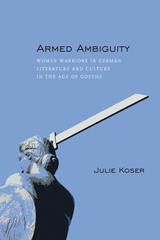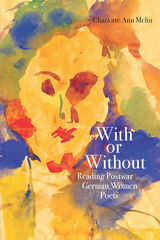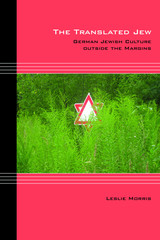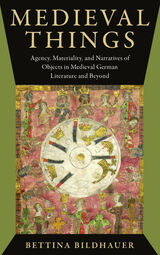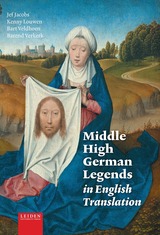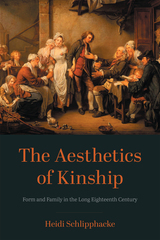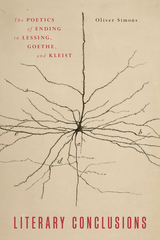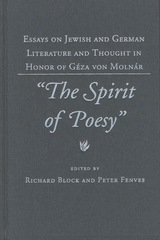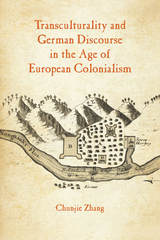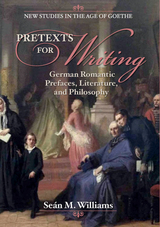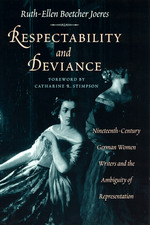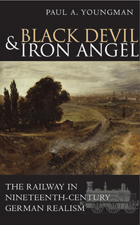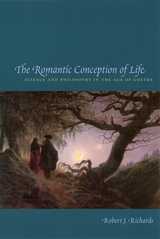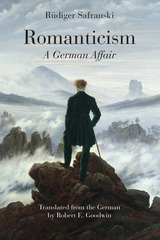Medieval Things: Agency, Materiality, and Narratives of Objects in Medieval German Literature and Beyond
The Ohio State University Press, 2020
Cloth: 978-0-8142-1425-1 | eISBN: 978-0-8142-7801-7
Library of Congress Classification PT179.B53 2020
Dewey Decimal Classification 830.9002
Cloth: 978-0-8142-1425-1 | eISBN: 978-0-8142-7801-7
Library of Congress Classification PT179.B53 2020
Dewey Decimal Classification 830.9002
ABOUT THIS BOOK | AUTHOR BIOGRAPHY | REVIEWS | TOC
ABOUT THIS BOOK
What does medieval literature look like from the point of view not of knights and ladies, but of treasure, and rings, nets and the grail? How does medieval literature imagine the agency of material things, and what exactly distinguishes human subjects from inanimate objects? Medieval Things: Agency, Materiality, and Narratives of Objects in Medieval German Literature and Beyond brings together a theoretically informed and politically engaged new materialist approach with a study of how everyday objects are understood in medieval literature. Bettina Bildhauer argues that medieval narratives can inspire current critical theory on agency and materiality. She focuses on famous and forgotten German narratives from the twelfth to the sixteenth centuries, including Wolfram of Eschenbach’s Parzival and the epic Song of the Nibelungs, and sets them in their global context. Many such tales can be reconceptualized as “thing biographies”—stories that follow the trajectory not of a human hero but of a coin, a gown, a treasure, or a ring. Many also use nets and networks to conceptualize dangerous structures of knowledge. Shine, glamour, and charisma emerge as particularly powerful ways in which material things exert a kind of agency that is neither pseudo-human nor fetishistic. In analyzing details like these from medieval literature, Bildhauer thus contributes in new ways to current theory on agency and materiality.
See other books on: Agency | German | German literature | Literature, Medieval | Narratives
See other titles from The Ohio State University Press
